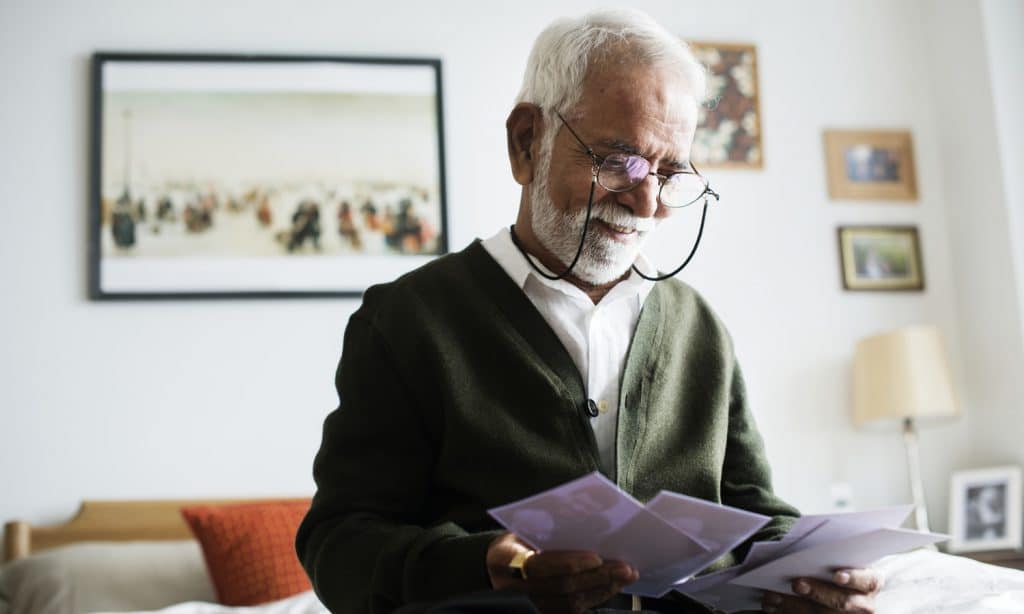
The most effective way to keep your memory sharp, according to science
Memory is the key to most things in life. It helps us learn in school, function in our jobs, maintain our relationships, and much more. It affects almost everything we enjoy. Memory is also one of the first things to deteriorate with age, which increases your risk for dementia and Alzheimer’s disease.
Now, a new study shows that the most efficient way to protect our memories is to train ourselves with a variety of cognitive challenges.
RELATED: Your preference for black coffee could be due to it, finds study
Photo by FatCamera / Getty Images
The study, published in Aging US and conducted at Simon Fraser University, suggests that the diversity of our hobbies and activities is crucial, and that most of us would benefit if things remained a bit unpredictable. These hobbies and habits have been shown to improve people’s memory, make it more efficient over the years, and reduce the risk of dementia.
Over 3,000 people between the ages of 65 and 89 were surveyed, and the researchers asked them how often they engage in various activities such as cooking, writing, studying, and running. They found that the more distinctive and diverse their hobbies, the better their memory.
The researchers also discovered something surprising: a varied schedule was much more productive for memory longevity compared to people following the same schedule day in and day out. The older the subject and the more varied their lifestyle, the better the results.
One of the most interesting findings of the study is the fact that our habits and schedules could have a bigger impact than our genes and the propensity for these debilitating diseases that affect memory. Working on our brain and living a varied life can combat these genetic weaknesses.
 Photo from rawpixel.com
Photo from rawpixel.com
RELATED: Suffering From It Could Increase Your Risk for Parkinson’s Disease
Dementia is a very common condition that affects more and more seniors over time. Although there are genetic predispositions, the study proves how important people’s activities and patterns are, and how helpful they can be in preserving their memories and thus their quality of life.

Post a comment: